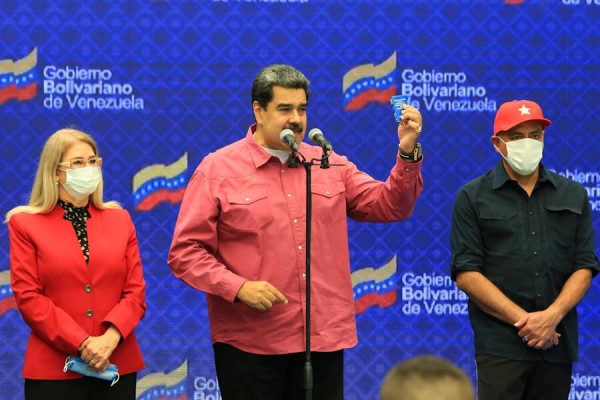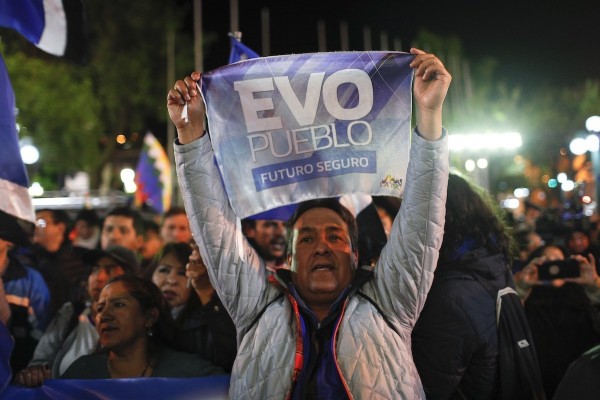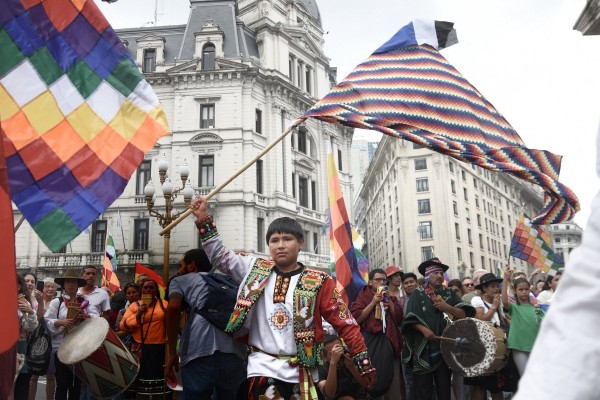Canada stoops before Honduran Coup

Photo by eduardoferreira
Canada’s minister for the Americas is reported to have said things at the OAS special meeting of July 4 that, whatever its participants understood, do mislead Canadian quick readers of newspapers. Readers are left with a strong impression not just that Canada supports the military’s ouster of the Honduran president, but that Canada should support the putsch, as should everyone. It was the right thing. The patched together argument rests entirely on innuendo; at least that’s how it appears in the media. Anyway, in the end when the fog is lifted, it leaves Canada exposed in an embarrassing posture. Most Canadians would be ashamed, would renounce having Peter Kent’s conclusion imputed to themselves once the conclusion is clearly expressed. For Peter Kent raises the need to “take into account the context” in which the military overthrew President Zelaya. “There has to be an appreciation of the events that led up to the coup.” We can do that without finding there, as Mr. Kent does, excuses or justifications for the putsch.
Perhaps we should first get this context thing into focus. Say a car drives into a child and kills him. The investigators do not try to discover what is fully known: that the driver was responsible, that the driver did it. They look at the circumstances, the context, to determine to what extent the driver was at fault, was blameworthy. Perhaps the accident was fully an act of God as we say; there was nothing the driver possibly could have done just then or should have done beforehand that would have avoided the collision. Even so, the driver did it. What consideration of context does, context being the conditions leading to and surrounding the event, is allow authorities to state that death was due to conditions beyond the driver’s control, or, according to the case, partially or wholly the opposite. The examination of context settles the question of exculpating or inculpating the agent, here the driver.
Mr. Kent’s invocation of context as something that needs be taken into account, be given sympathetic awareness to, in judging the military coup is different. It comes in at a later stage of procedure than ‘context’ of the car accident. It is generally conceded on the grounds of Honduran and international law, and as the OAS reaffirms, that coups d’état are illegal and, in countries that have more or less democratically elected governments, are morally offensive. (Canada takes this position as a general principle.) It follows that the coup leaders and perpetrators are blameworthy: they did it and what they did is legally and, at first view, morally wrong. Mr. Kent does not deny that. Rather, he would be pleading that their wrong acts should go unpunished, be overlooked, perhaps forgiven. Roughly put, the putchists should be given suspended sentences. A suspended sentence is one that needs not be served. On what grounds? Once we become aware of all the facts we will see that the evil was for the Hondurans’ and our good. Support the lesser evil. Is this convincing?
According to the media, Mr. Kent gives two pieces of ‘context’ the ‘appreciation’ of which should convince us that the putchists, legally guilty as they are, aren’t as bad as all that. One is that the ousted president violated the Constitution; the other is that he’s a “highly polarizing figure who clashed with the Supreme Court, Congress and army”. But to say this is, in the first place, no more than to say what is not surprising: the putchists had a motive or two. The president is a bad sort; therefore oust him. But having motives does not require one to form relevant intentions to do something, or anything; nor do fully developed intentions with plans to act commit one irreversibly to act. One can still change one’s mind. The best motives and intentions aren’t justifying reasons for a bad act. (One can also do the right thing for wrong reasons.) So we need a different argument.
There’s the retribution approach: Zelaya is a bad sort who deserves what he got. He brought his ousting upon himself. But keeping in mind that the manner of ousting is, admittedly, itself illegal and apparently immoral, the president’s illegality and immorality, if they were such, do not justify the illegality and immorality of the others. One might say that Zelaya deserved to be punished, and even if one went on to say that for the reason that he earned it he should get it, it is hardly likely that one element in his punishment should be his opponents’ actions outside the rule of law. One possible act of illegally punishing legally tried and convicted offenders is torture. Is that acceptable to Mr. Kent and Canada? He would be committed to torture as good when the offender deserves it. This being unacceptable, how else can he justify the putsch?
One can try a variation of the self-defence argument. Zelaya was some way or other an immediate threat to Honduras’ constitutional fabric. He had to be stopped, and fast, with the only means available which means just happened to be, admittedly and unfortunately, illegal. Yet, in the context, as one might say and one tried hard to say, the illegal means were justified. This argument is worthless not only because the imminence and the required dangerous and irreversible characters of the threat are not demonstrated, but also because, even if they had been, they are not in themselves an excusing factor. What the defence has to establish is that, here, Zelaya’s opponents used, not any means, but the least damaging of illegal preventive means available. Is it believable that Zelaya’s highly placed political, military and judicial opponents had no effective legal recourse? Legal procedures were available to them. They chose a different route.
That leaves one other possible approach: the president’s opponents knowingly acted illegally and apparently immorally in order to defend a higher moral principle. Which one? The nearest relevant one I can think of is just the one out of reach as I will show. Anyway, it is not invoked by Mr. Kent. Nor is any other possible justifying principle. Understandably. We can leave it at that.
In the meantime we should briefly consider the two sins of which Mr. Zelaya is accused in our media (via Mr. Kent’s releases) and which, we are told, brought on the putsch. Mr. Kent tells us that Zelaya’s is “a highly polarizing figure who clashed with the Supreme Court, Congress and army”. The other is that he violated (or was about to do so) the Constitution. As for the sin of polarization, well, it entails exactly what his opponents, and Mr Kent speaking for the Canadian Government, don’t like to admit. A necessary condition for polarization to be descriptive of a situation is that the situation described is characterized by two opposing sides, here political sides, both having strong support, roughly equal support. Had Zelaya had little support there would be nothing to talk polarization about. And given that his opponent’s side is that of the political, economic and military elites, it remains that the president’s strength must lie elsewhere, in the only possible place left: the popular and peasant classes.
As for Zelaya’s violating the Constitution, that, taken in itself as a moral justification for the putschists’ illegality, does not work, as we have seen. But it is noteworthy to furthermore remark that Zelaya’s violation, if it is, turns on his preparation to hold a popular consultation, including balloting, to decide whether a referendum question should be added to September’s (Honduran) national elections. (The ballots had been prepared and were warehoused at army bases for distribution. Zelaya fired the top general when the top brass refused to proceed.) Whatever else can be said, both consultations and referenda are democratic in character. The putchists wanted no part in it. They still don’t.
That being so, what story does the evidence according to Mr. Kent tell us? The putsch is outside the rule of law. It has support from the oligarchy but not much popular support. That goes to Zelaya. In political terms Zelaya has democracy on his side. The putsch is not a legal or a democratic means. Nor is it a non-democratic means to a democratic end. Morally speaking, the putchists do not have good on their side when by good we mean, at the least, something in the direction of each person having at least some effective political influence. By definition democracy is some measure of equality in the distribution of political power. That’s why democracy is morally preferable to oligarchy. Comparing the two illegalities (if there are two) and two moralities, those of Zelaya serve democratic ends and those of the putschists dictatorial ends.
Mr. Kent unwittingly gets us going in the direction of this conclusion. He is not a liar. A close reading of his words gets us at the truth. He tries to conjure up a decent apology for Honduras’ oligarchy. He fails. In the context he could not have done better. That he, and the Government of Canada, support the oligarchy is another matter. He and the Harper government can do better. They don’t have to be against democracy. We aren’t.
I say “He fails”. That is conditional. Our evaluation that Mr. Kent failed depends on our meticulous reading of what’s generally available: our media’s all too often uncritical, piecemeal reporting. Most of us most of the time don’t, and can’t, do what’s required of us in the circumstance. In that sense Mr. Kent succeeds. There’s not always joy in success. Few influential voices will be raised against our Government backing the wealthy entrenched against the poor. The Honduran popular and peasant classes had a moment to take a breath. We —Canada— are helping those who push and hold them under.









